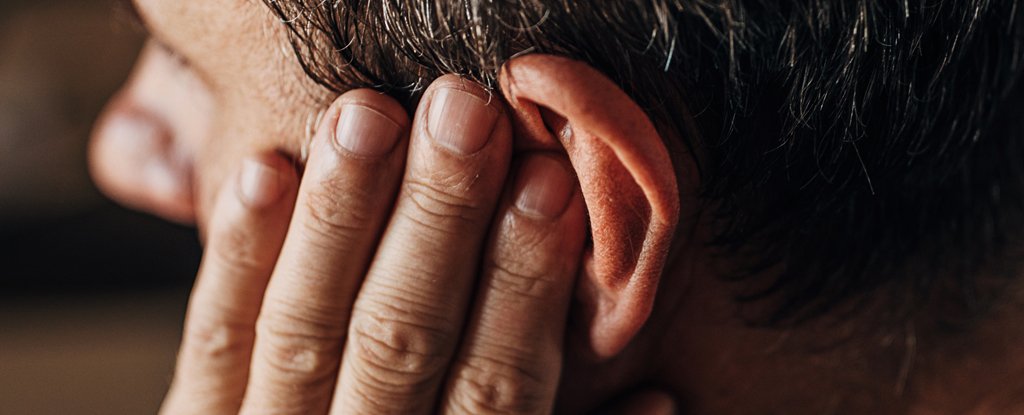
OXFORD, UK – A groundbreaking study reveals a potential link between tinnitus, a prevalent auditory condition, and sleep patterns, offering new avenues for treatment and management.
Immediate Impact
Around 15 percent of the global population suffers from tinnitus, a condition characterized by hearing sounds without an external source. Often associated with hearing loss, tinnitus can significantly impact mental health, leading to stress and depression, especially for long-term sufferers.
Currently, there is no cure for tinnitus. However, understanding its connection to sleep could provide relief to millions worldwide. Research suggests that sleep, particularly its various stages, may hold the key to managing tinnitus symptoms more effectively.
Key Details Emerge
According to recent findings, tinnitus is considered a “phantom percept,” where brain activity causes individuals to perceive sounds that aren’t there. Typically, such perceptions occur during sleep, yet tinnitus patients experience them while awake.
The study identifies that tinnitus alters brain activity, especially in regions involved in hearing, which might remain overactive. This phenomenon mirrors changes in brain activity during sleep, potentially explaining the persistence of tinnitus.
“Our research review has identified brain mechanisms linking tinnitus and sleep, which could lead to new management strategies,” said Linus Milinski, Doctoral Researcher in Neuroscience at the University of Oxford.
By the Numbers
15% of the world’s population suffers from tinnitus.
Tinnitus patients experience more light sleep and less deep sleep compared to those without the condition.
Background Context
During sleep, the brain undergoes various stages, including slow-wave sleep, which is crucial for recovery and memory consolidation. Tinnitus may disrupt these processes, leading to lighter, fragmented sleep.
Interestingly, some deep sleep appears unaffected by tinnitus, possibly because the brain activity during this stage suppresses tinnitus symptoms.
Expert Analysis
The research team, including Fernando Nodal and Victoria Bajo Lorenzana from the University of Oxford, suggests that manipulating sleep could improve tinnitus management. Techniques such as sleep restriction paradigms, where patients only go to bed when tired, may enhance sleep quality and reduce tinnitus intensity.
Professor Vladyslav Vyazovskiy, also part of the research team, emphasized the importance of understanding how different sleep stages affect tinnitus, which could inform future treatments.
What Comes Next
Future research aims to track both sleep stages and tinnitus activity simultaneously by recording brain activity. This approach could uncover more about the connection between sleep and tinnitus, potentially leading to innovative treatments.
As the scientific community continues to explore this link, the hope is to develop strategies that can alleviate tinnitus symptoms through natural brain activity during sleep.
This article is republished from The Conversation under a Creative Commons license. Read the original article. An earlier version of this article was published in May 2022.







